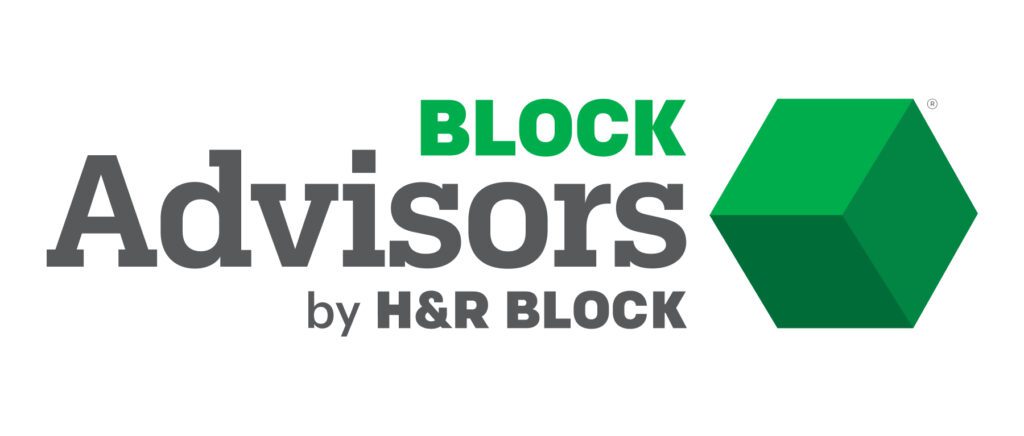What content marketing is, and why you need it
4 min read
April 22, 2024 • Block Advisors
Do you remember the first marketing piece your company produced? If you’ve been in business for more than about 15 years, it might have been a postcard or a flyer. You sweated the wording and the layout, chose colors and fonts and added some graphics, and dropped it off at a copy shop for reproducing. Then you mailed copies out or distributed them some other way, and eagerly awaited the response.
The internet has changed this process in three ways. Today’s marketing tools are cheaper. They can help you reach an audience that’s exponentially larger. And you can say a whole lot more than you could in a brochure.
Small business taxes made easy
File your small business taxes with confidence
New phrase, same goals

The web has also spawned a new phrase for communicating with customers: content marketing. You could find a dozen different experts that would give you 12 different definitions, but it’s basically a strategy that focuses on the interaction you have with your prospects and customers online.
There is a big difference, though, beyond the tools and distribution methods you use. The focus in your old sales and marketing pieces used to be on your company and its products or services. You told your prospects what you were selling and why they might need it.
These days, thanks to online social networks, they’re already on to you. They know what you’re selling, and they know what their friends — and countless complete strangers – think about it. What they don’t necessarily know is how it will benefit them specifically, how it could improve their personal or professional lives. They want to know why they should choose you over your competition.
Most of all, they want solutions to problems. That’s why they buy stuff.
Why, and what?
You’ve probably figured out the why you need it part by now. You need to be involved in content marketing to some degree because your competition is already there. You need it because prospects and customers ask harder questions now than they used to, and they expect more than a spec sheet or catalog.
Content marketing can:
- Drive people to your website, where they can actually purchase your products,
- Improve your company’s visibility and promote your brand, and
- Increase revenue.
You may have seen the potential for content marketing the first time you saw a business-related Facebook update or a tweet or a blog post. You saw that you could use these avenues of communication to get to know your customers, and for them to learn about you in a more casual way than in a corporate fact sheet or bio.
Adding value
You know that there’s more than one approach to sales, if that is indeed one of your content marketing goals. There’s certainly still a place for phone calls and face-to-face meetings where appropriate, and you may still want to interact with your prospects and customers via paper sometimes (handwritten notes can go a long way in this age of email).
But your social networks and blogs can carry additional messages. You have space to expand without spending a lot of money. While your tweets and other social updates will be necessarily brief, they can link to a video of someone taking a screen shot or photo and posting it online using that smartphone you sell. That new car in your inventory has some special features that could be explained in a tutorial.
Just how do you hang that new screen door? Where – and how deep – should you plant those perennials? What are four ways that your accounting software helps improve cash flow?
Content marketing lets you both say it and show it.
The 3 Ws
Do use some of your social space to talk about what your company sells. But direct people to your website – your show floor, your 24/7/365 salesperson – when you can.
Much of your content marketing strategy will answer three questions:
- Who can benefit from our products or services, and how?
- Where do these people congregate online, and what are their problems, concerns, and needs?
- What can we do to help?
It won’t always be easy to create your actual social content. But a well-considered, comprehensive, honest strategy will help lead the way.
Get help managing your small business
Need more time in your day to focus on building your content marketing strategy? Block Advisors offers year-round small business services to help you manage your small business to-do list. Our tax filing, business formation, bookkeeping, payroll, and beneficial owner reporting services help relieve the stress of these administrative tasks so you can focus on growing your business instead.
This article is for informational purposes only. The content may not constitute the most up-to-date information and should not be construed as legal advice.




